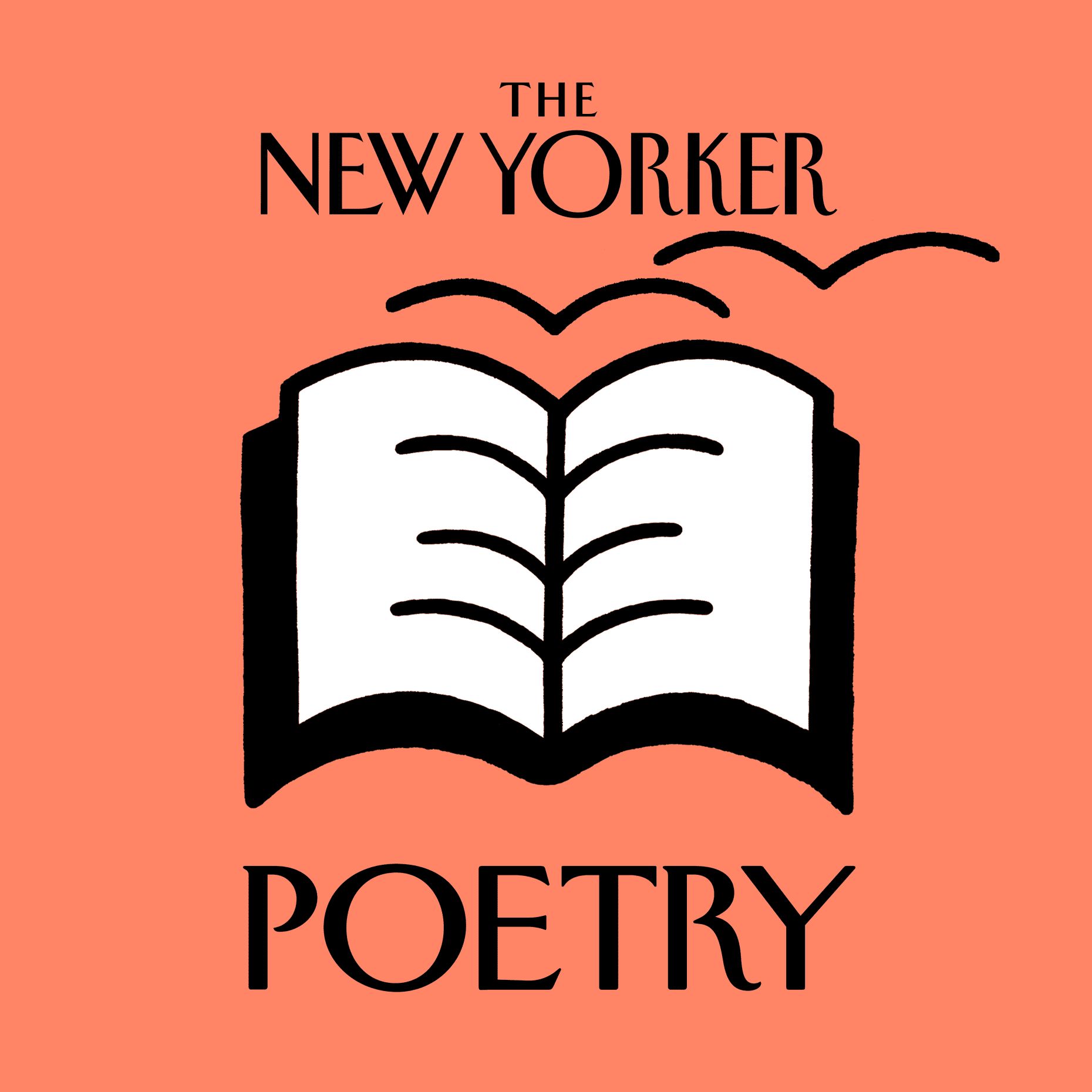We're sunsetting PodQuest on 2025-07-28. Thank you for your support!
Export Podcast Subscriptions
Erika Meitner Reads Philip Levine
2025/5/21

The New Yorker: Poetry
E
Erika Meitner
K
Kevin Young
Erika Meitner: 年少时读到《What Work Is》这首诗,我发现诗歌也可以如此叙事性和平易近人,这首诗既易于理解又蕴含深刻的复杂性,其鲜明的工作阶级愤怒感深深吸引了我。菲利普·莱文对我而言是一位诗歌先驱,他让我有勇气以更叙事、更直接、更易懂的方式进行创作,这首诗的愤怒和爱也深深打动了我。我也从事纪实诗歌创作,早期的作品是关于2007-2009年间底特律破产前后的情况,菲利普·莱文曾称赞我的诗歌充满活力和勇气。
Kevin Young: 这首诗以一种既欢迎又拒绝的方式开始,先是邀请你进入,然后又说“你不懂什么是工作”,将你排除在外。等待也是一种艺术,如果你不懂得等待,就会错过一些东西。这首诗告诉你,如果你不了解“工作”的含义,就无法理解它。莱文暗示,情感劳动也是一种我们需要完成的工作,即努力表达自己的感受。这首诗最终表达了对彼此的爱。
Deep Dive
This chapter explores Philip Levine's poem "What Work Is," focusing on its themes of working-class anger, love, and the art of waiting. The discussion analyzes the poem's unique structure and its implications for the role of art and work in life.
- Analysis of Philip Levine's "What Work Is"
- Themes of working-class anger, love, and waiting
- Poem's unique second-person perspective
- The poem's exploration of the relationship between art and work
Shownotes Transcript
Erika Meitner joins Kevin Young to read “What Work Is,” by Philip Levine, and her own poem “To Gather Together).” Meitner’s books include “Useful Junk)” and “Holy Moly Carry Me),” which won the 2018 National Jewish Book Award in Poetry. She is currently a Mandel Institute Cultural Leadership Program Fellow, and she’s the director of the M.F.A. program in creative writing at the University of Wisconsin-Madison.
Learn about your ad choices: dovetail.prx.org/ad-choices)